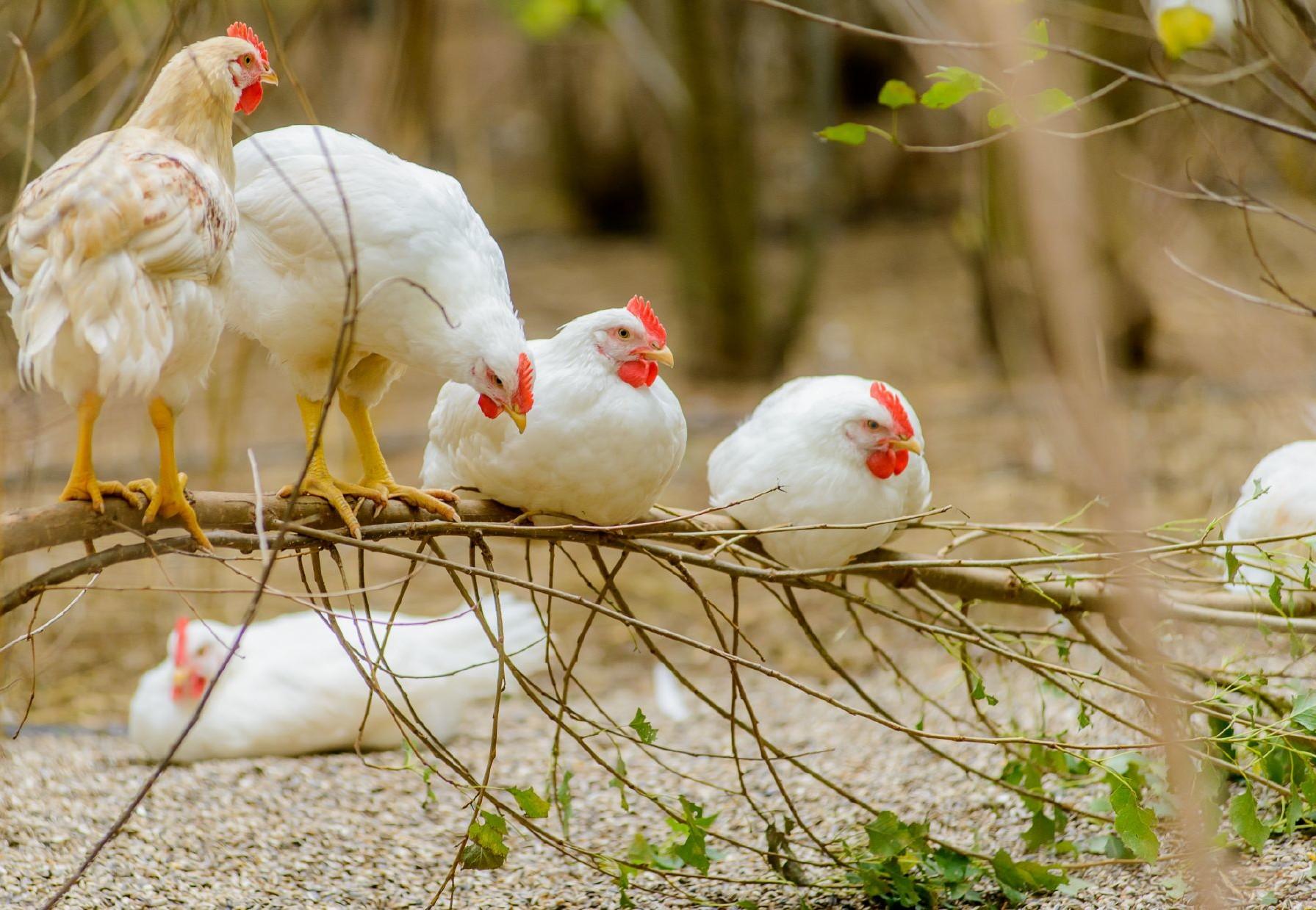
Life Expectancy of Chickens
The oldest chicken in the world was 22 years old when she died – but in the egg industry, millions of chickens die as day-old chicks
Chickens are probably the most common livestock slaughtered by humans in the world: an estimated 45 billion chickens are killed for chicken meat each year. While a typical German eats around 12 kilograms of chicken per year, an Australian eats a whopping 46 kilograms of chicken per year!
Three chickens, three different life outcomes
- Wild chickens
The ancestor of our domestic chicken is a wild chicken called the Red junglefowl, which originated in Southeast Asia. It was domesticated around 8,000 years ago. The wild form of our domestic chicken can live around ten years on average.
- Domesticated chickens
It is assumed that a domestic chicken can live up to 15 years if it is well kept. The oldest chicken in the world was 22 years old according to some news reports. Although there are always rumours about chickens that are said to have reached the amazing age of 20 and more years - how much of it corresponds to the truth and what belongs in the realm of fairy tales is difficult to verify.
- Farmed chickens in intensive animal agriculture
In contrast, the fact is that in intensive animal husbandry, chickens are among the farm animals with the shortest lifespan of all. A laying hen is allowed to live the longest – it lives around 20 months, i.e., around 1.5 years. However, millions of layer hens are still being inhumanely crowded into battery cages barely the size of an A4 paper. A broiler chicken, on the other hand, reaches its slaughter weight after 40 days. Broiler chickens are therefore not even 1.5 months old when they're slaughtered for meat.
The fate of male chicks is particularly sad: they are killed at the age of one day because the industry has no use for them. They do not lay eggs and produce much less meat than a broiler, so raising them is uneconomical. The fate of day-old chicks is one of the greatest problems in poultry farming from an animal welfare point of view.

The compassionate choice
On a global scale, the consumption of eggs and poultry meat is increasing every year. If everyone of us strives to make food a little bit kinder, collectively we have the power to positively influence the billions of lives all over the world.
It does not take much to practice the 3Rs principle: Reduce, Refine and Replace. Choose to enjoy the variety of delicious animal-friendly food which do not contain any chicken products like this gingerbread cake or pea croquettes. Did you know you can also make a vanilla cheesecake without eggs? Find out more here.
Source
Glatz K. Discover the World’s Oldest Chicken. AZ Animals. 2021 Dec 4 [accessed 2023 Oct 5]. https://a-z-animals.com/blog/discover-the-worlds-oldest-chicken/
1. Roser M. How many animals get slaughtered every day? Our World in Data. 2023 Sep 26 [accessed 2023 Oct 5]. https://ourworldindata.org/how-many-animals-get-slaughtered-every-day
2. Parks CCA-S 4 0 ITN. Gallus gallus, Red junglefowl. Thai National Parks. [accessed 2023 Oct 5]. https://www.thainationalparks.com/species/red-junglefowl
3. Stuttgen S. Life Cycle of a Laying Hen. Livestock. [accessed 2023 Oct 5]. https://livestock.extension.wisc.edu/articles/life-cycle-of-a-laying-hen/
4. Cicek H, Tandoğan M. Estimation of optimum slaughter age in broiler chicks. Indian Journal of Animal Research. 2016;50. doi:10.18805/ijar.8430
5. Krautwald-Junghanns M-E, Cramer K, Fischer B, Förster A, Galli R, Kremer F, Mapesa EU, Meissner S, Preisinger R, Preusse G, et al. Current approaches to avoid the culling of day-old male chicks in the layer industry, with special reference to spectroscopic methods. Poultry Science. 2018;97(3):749–757. doi:10.3382/ps/pex389


